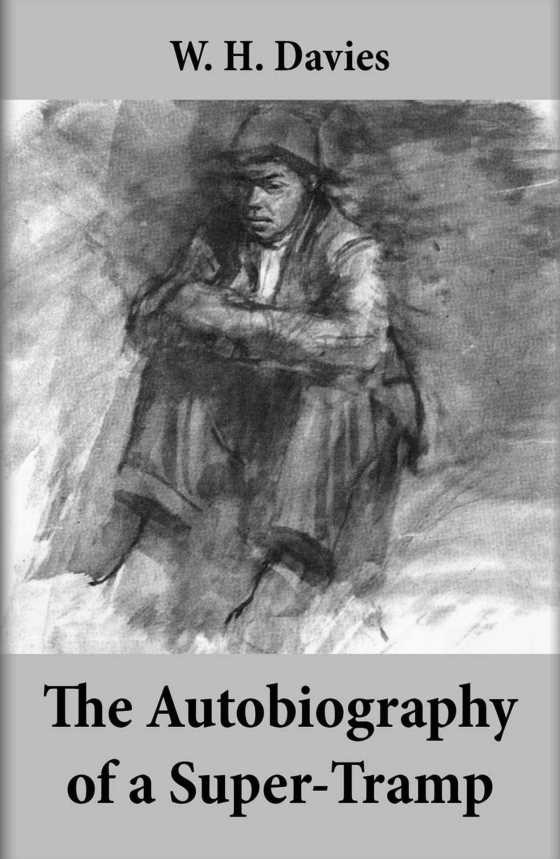I found this while doing my thrice weekly tour of my town’s charity shops. As a life long Formula 1 fan, i simply couldn’t resist. Especially since it was in the 50 pence box.
So yes, it’s a real paper and card book, made out of trees and stuff, i actually own one, a first edition hardback and everything!!! Well, if you’re going to betray your life long vows to your Kindle then at least make it a quality book. 
All that aside, what you really want to know is what the actual writing is like, isn’t it?
Oh yeah, it’s amazing. Obviously, at 57 years old, i wasn’t following Formula 1 when Fangio was driving, up to this book all i really knew about him was that he was a 5 times Formula 1 world champion from the 1950’s, who people like Stirling Moss and Jackie Stewart would always proclaim as the GOAT, whenever the topic of Formula 1’s GOAT turned up.
Oh yes, this review wouldn’t be complete without the GOAT thing coming into it.
The current debate always seems to be between Michael Schumacher and Lewis Hamilton, simply because of the 7 world championships each, but so many of the younger crowd following Formula 1 simply fail to put any of it into context.
When reading this autobiography one realises that modern Formula 1 drivers can never be compared to those of the early years. Modern Formula 1 drivers are never seen getting on their hands and knees repairing the car between sessions, or at the side of the road during an open road race like the Mille Miglia (now not a race any more). Modern Formula 1 drivers drive on sanitised, super safe, almost billiard table smooth, tracks; they have teams around them for their every need: they don’t even carry their own bags any more for fear of tiring their arms out unnecessarily.
When one goes back to Fangio’s early years, that of a farm machinery mechanic in Balcarce, Argentina, who would race in the most treacherous conditions with old cars bought with scraped up savings and donations that he would have to engineer himself into racing machines, one realises the difference between the past and the present. Those drivers of the early years of motor racing had to face things that modern drivers would simply refuse to even contemplate doing. Those early years were utterly insane in comparison to modern motor racing.
But more than anything else, this book is so well written, with Fangio telling everything straight from his own experiences of how it truly felt and how those young years of the Formula 1 World Championship truly were: from the highs of those world title wins all the way down to the absolute lowest of the lows in the history of motor racing as he was right behind Pierre Levegh’s car at Le Mans 1955 when Levegh hit Lance Macklin’s car.
The book is also full of the most wonderful photos of those cars and races, along with interludes written by Fangio’s close friend and manager, Marcello Giambertone, telling the reader what it was like looking in at Fangio’s career.
And right at the end of the book the reader will find a full list of all the cars Fangio raced and of all Fangio’s races, and if anyone reading this book is truly honest, then anyone reading this book would have no hesitation as to proclaiming Juan Manuel Fangio the Greatest Of All Time when it comes to driving and especially Formula 1.
So before you join in on any Formula 1 GOAT arguments ever again, do get a copy of this book and read it first.

Juan’s Page






